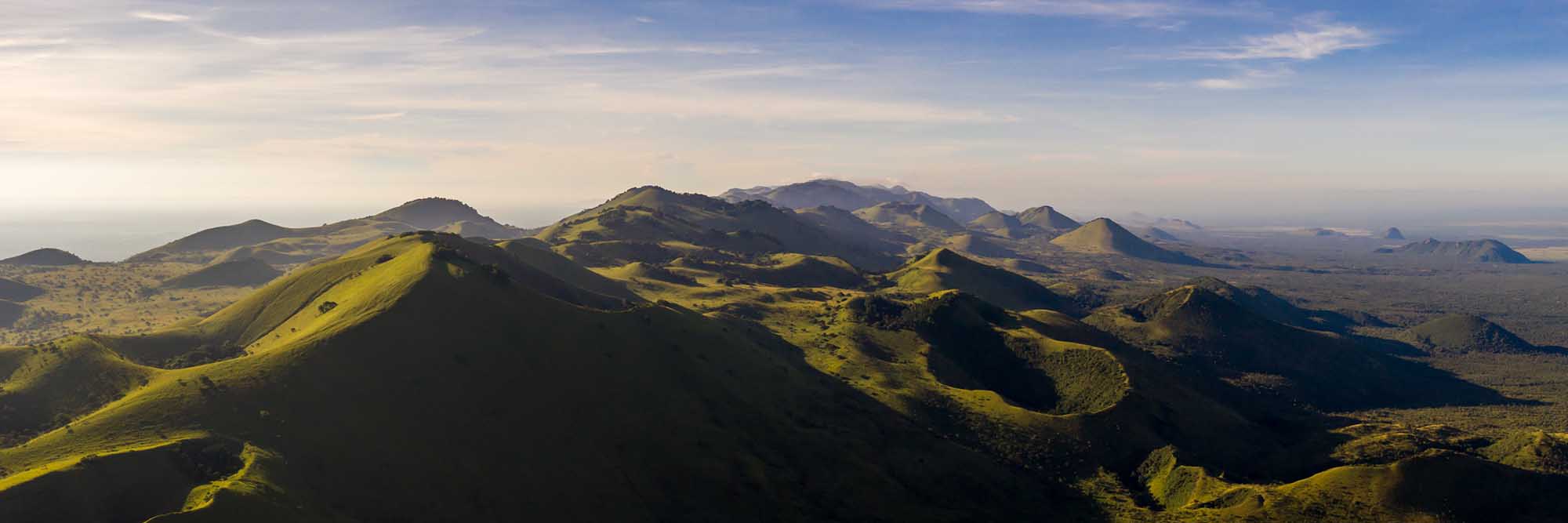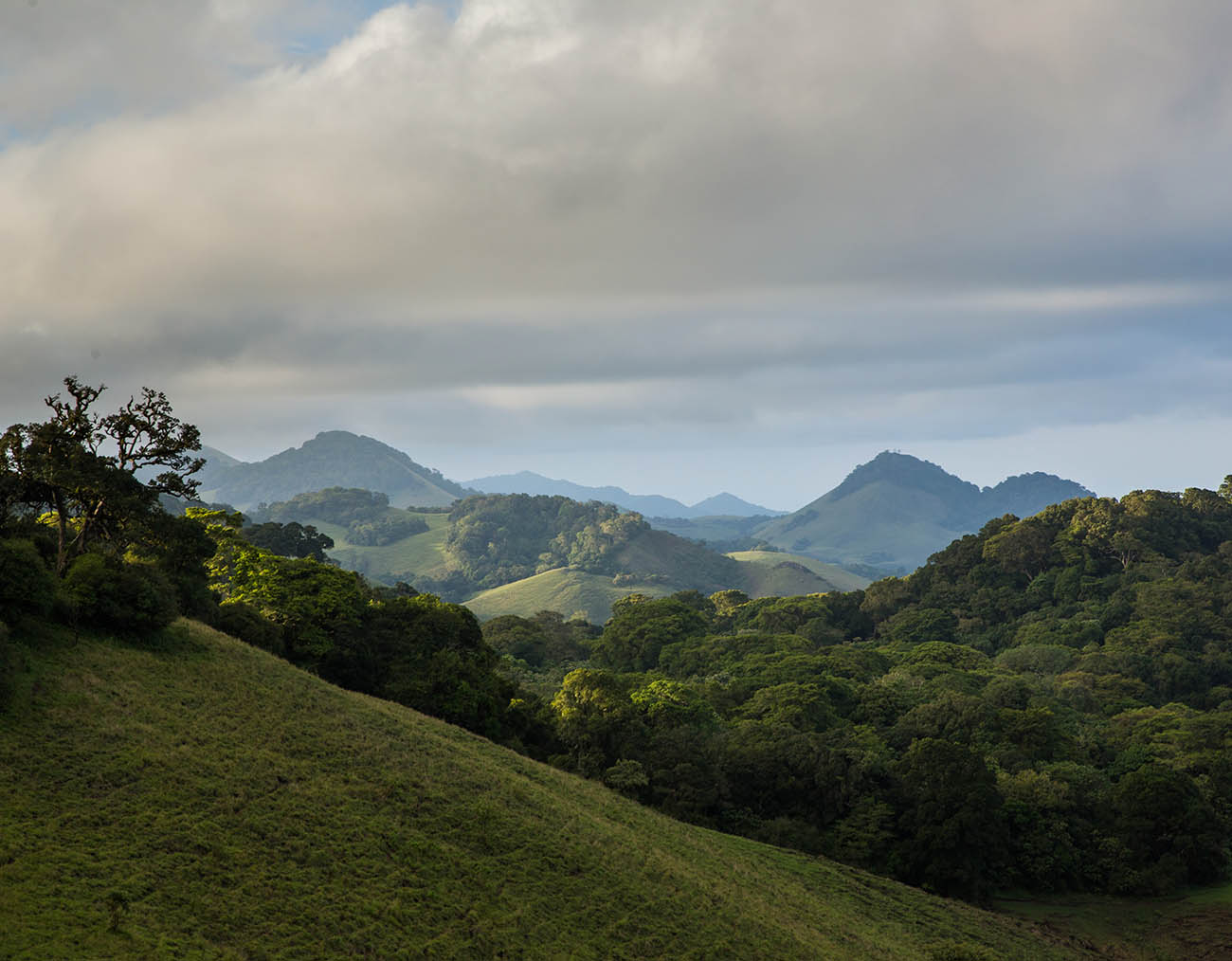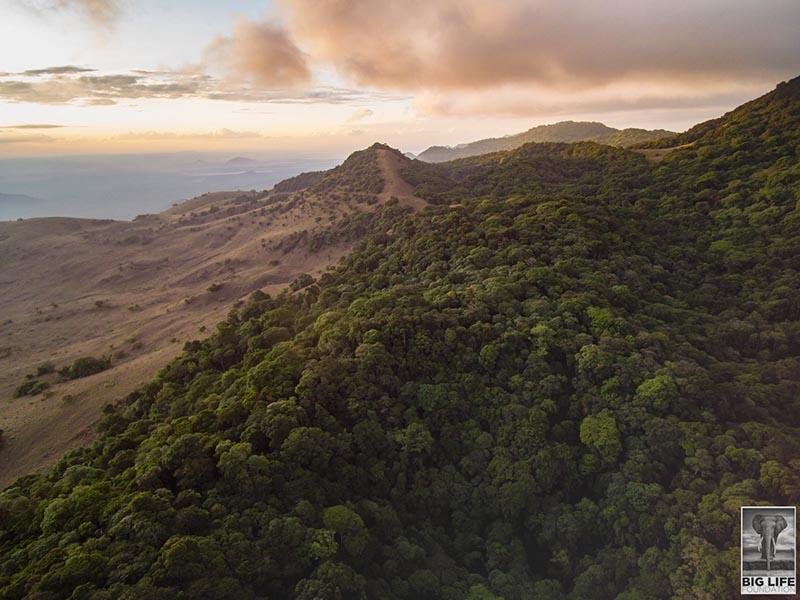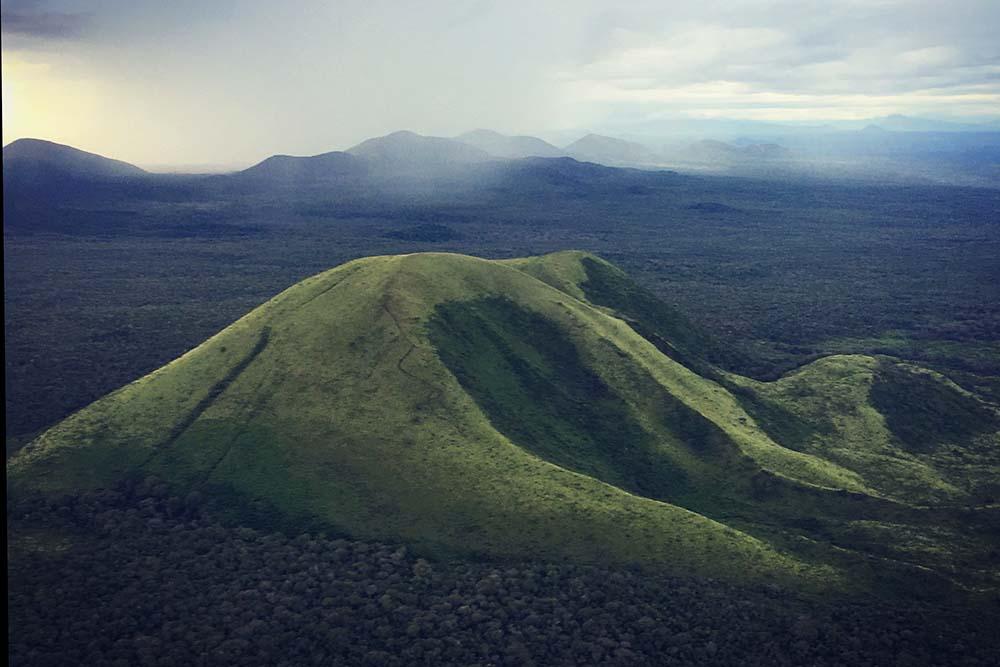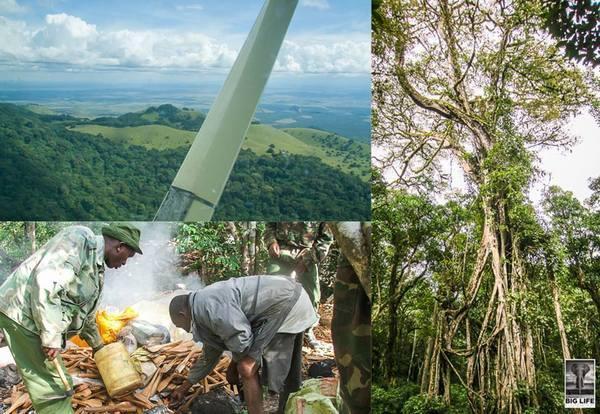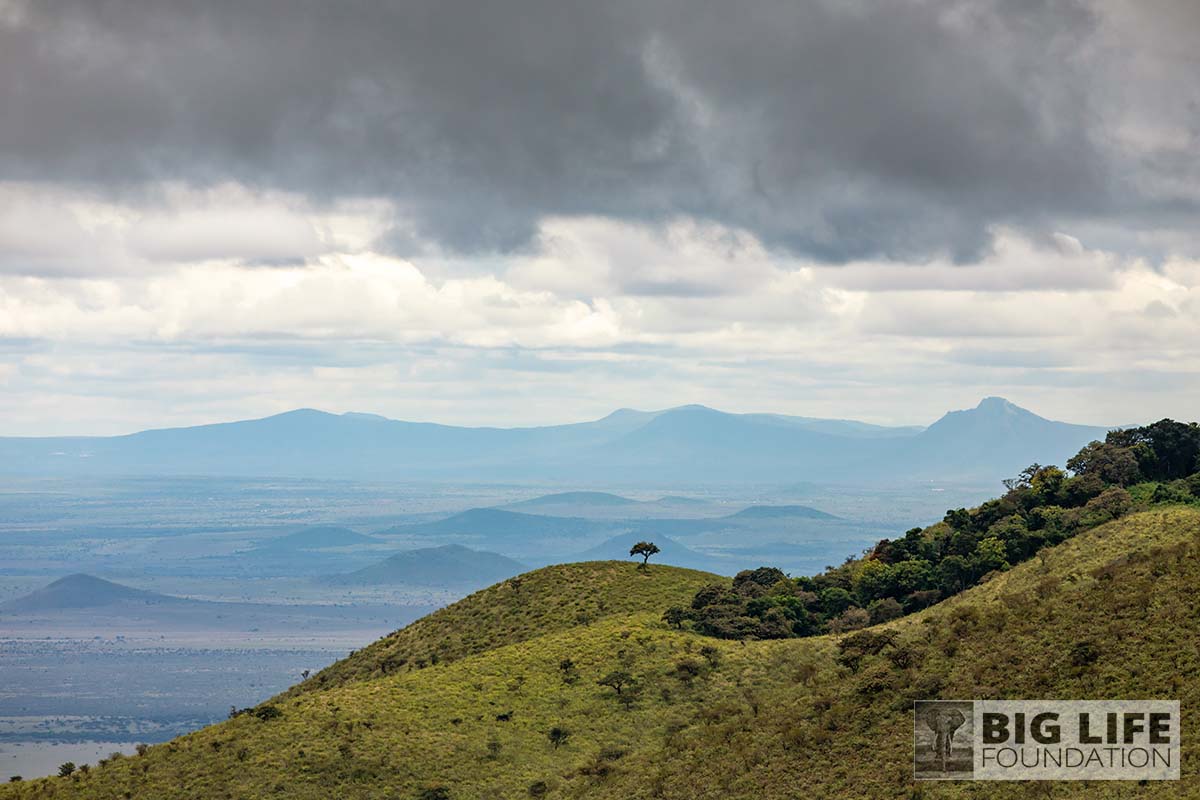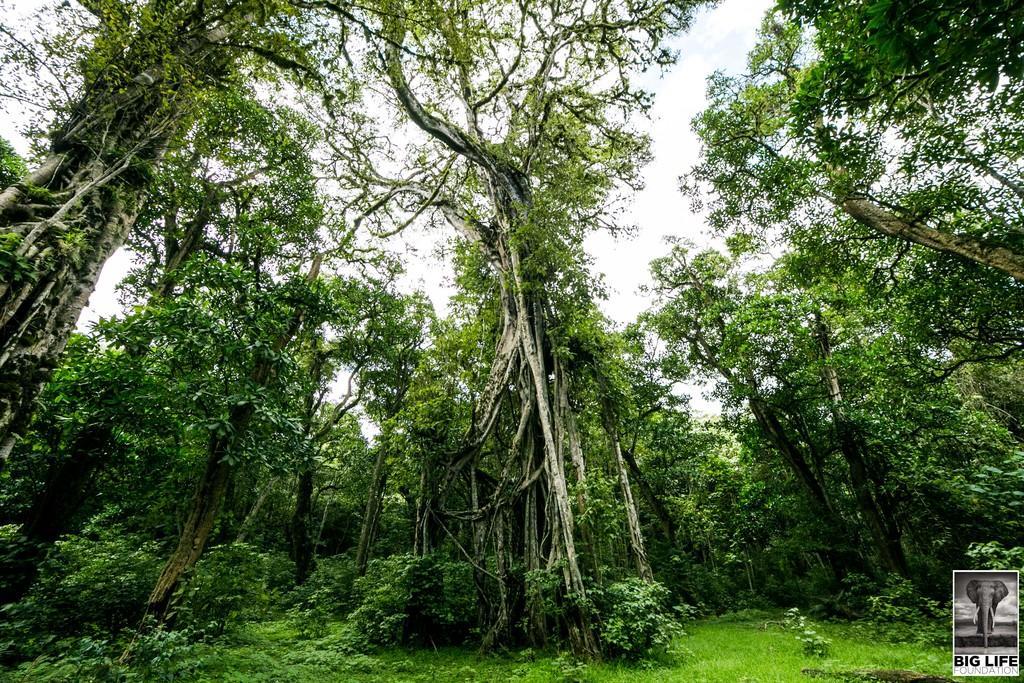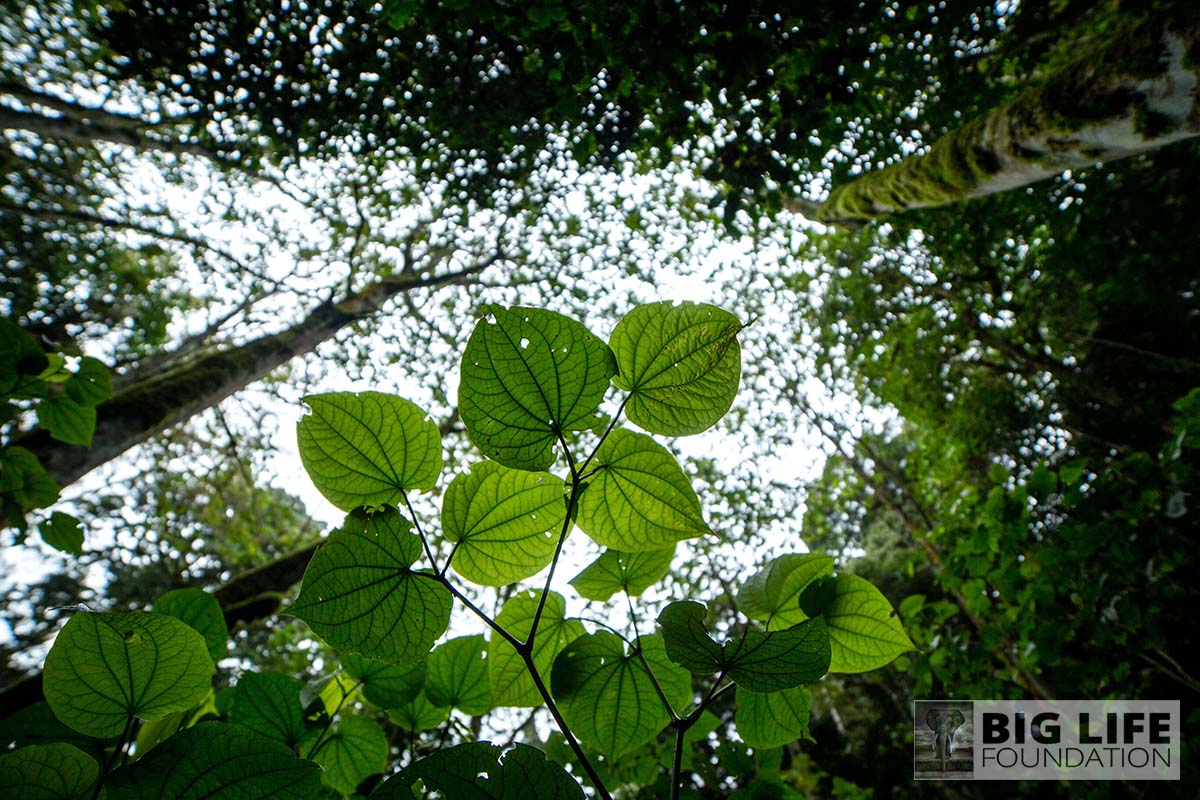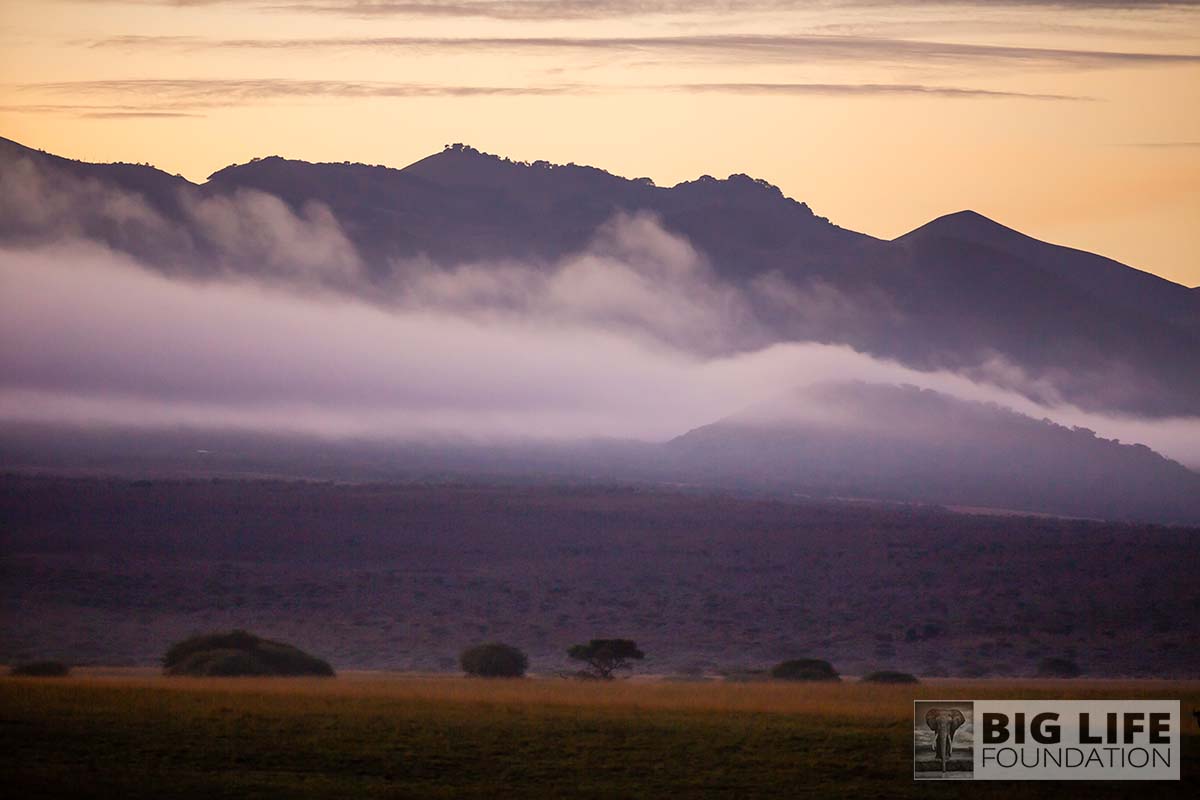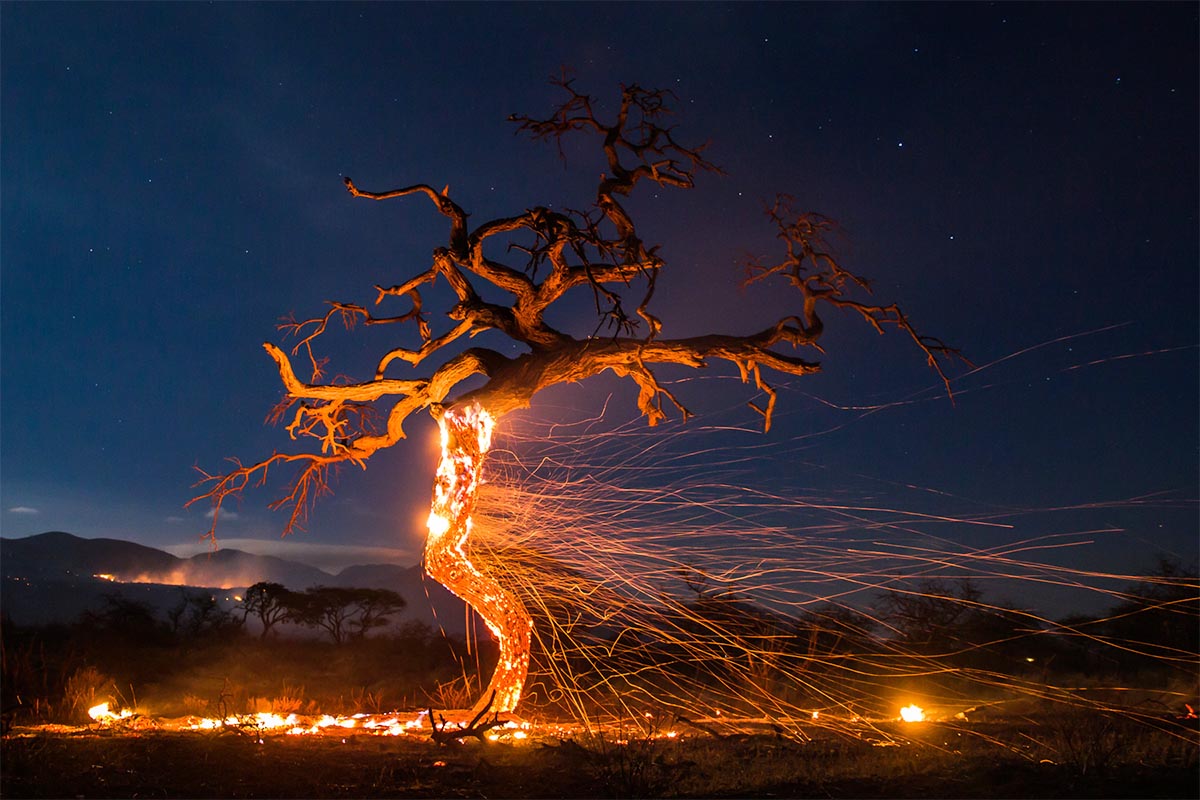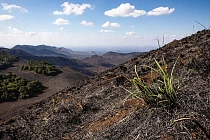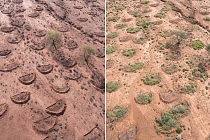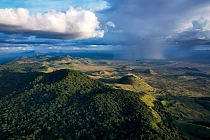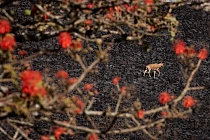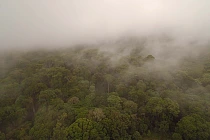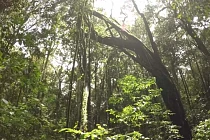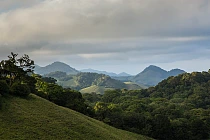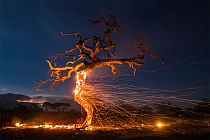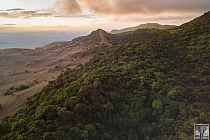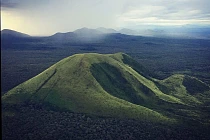Big Life has joined with community, government, and NGO partners to implement a carbon credit program. The Chyulu Hills REDD+ Project is part of a global network of interventions aimed at helping communities to conserve forests and other important carbon stores, and in doing so keeps carbon out of the atmosphere. This benefits not only the people living around the Chyulu Hills, but the entire planet, by supporting a stable climate upon which we all depend.
Like a curtain rising from the arid plains below, the Chyulu Hills catch moist air coming in from the Kenyan coast. This water falls as rain or mist, finding its way into the porous volcanic soils, and eventually resurfaces at Mzima Springs in Tsavo, where an estimated 90 million liters per day emerge from the ground. Besides being a precious water resource, the hills are also home to a range of mountain species that are isolated from the rest of their kind, including a small population of the critically endangered Eastern black rhino. The Chyulu Hills are part of a critical link between two of Kenya’s most important wildlife areas - the greater Tsavo and Amboseli Ecosystems.
Local communities and partners (Big Life included) directly benefit from the sale of two million carbon credits being marketed by Conservation International. The revenue will be invested in local community development projects and conservation efforts, such as the employment of rangers protecting this precious resource.
The project area covers approximately one million acres including, Mbirikani, Rombo, and Kuku Group Ranches, as well as the Chyulu Hills National Park and Kibwezi Forest Reserve. The goal over the 30-year project period is an average of 600,000 net emissions reductions every year by stopping deforestation, forest degradation, and grassland conversion.
You can calculate your carbon footprint and offset your impact here:
Or, to purchase carbon credits in support of Big Life specifically,
please click here:
PURCHASE CARBON CREDITS TO SUPPORT BIG LIFE
RELATED ARTICLES
WHEN GREEN TURNS BLACK
(ECO)SYSTEM RESTORE
EARTH DAY 2023: WHAT YOU CAN DO
FIRE SEASON IN THE CHYULU HILLS
Hidden Water of the Chyulu Hills
AMBOSELI’S LOST WORLD
SAVING TREES, IMPROVING LIVES
WE DIDN’T START THE FIRE
OF HANDBAGS AND HOPE FOR THE FUTURE
A BANDIT’S HAVEN NO LONGER

